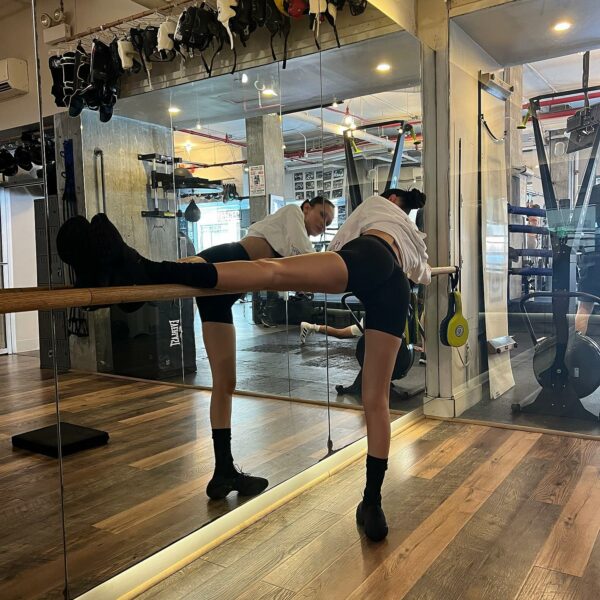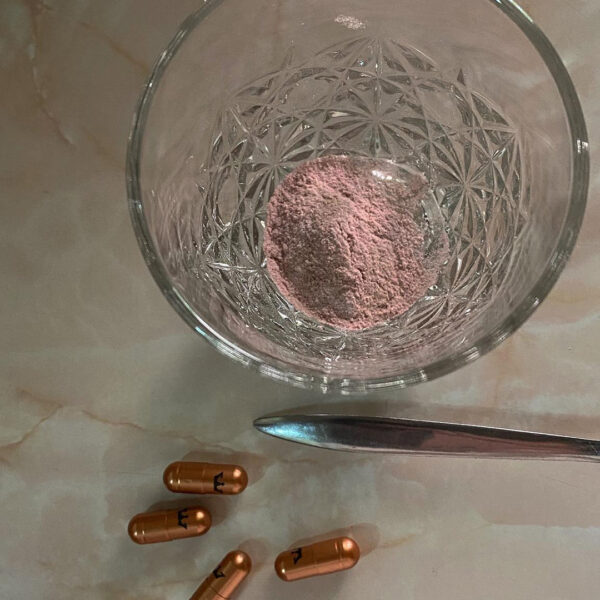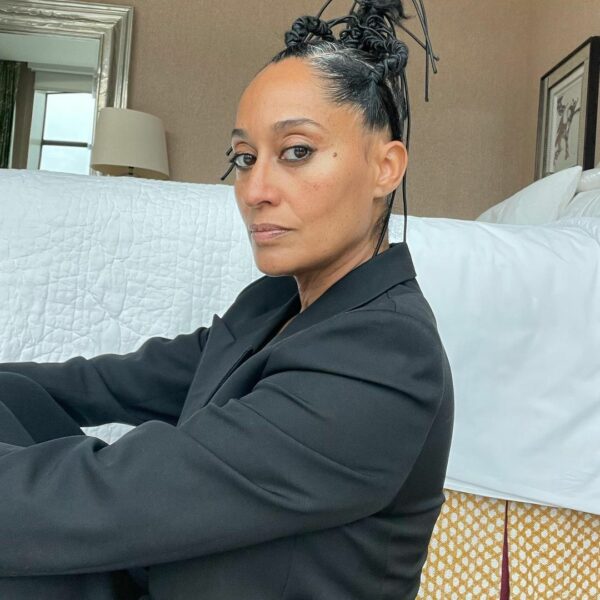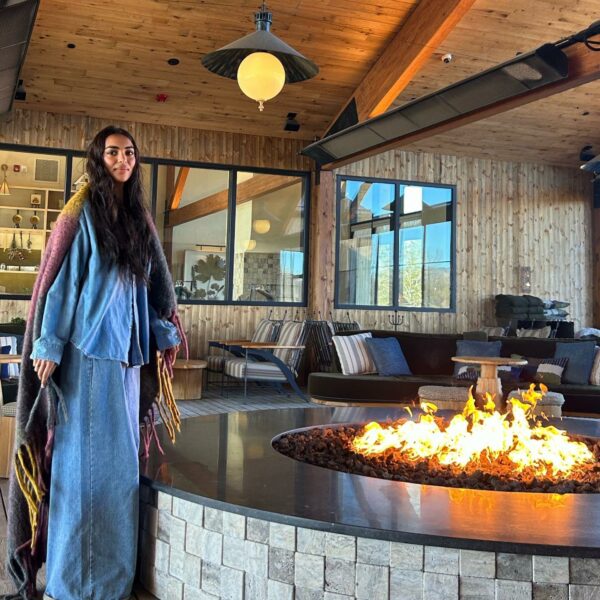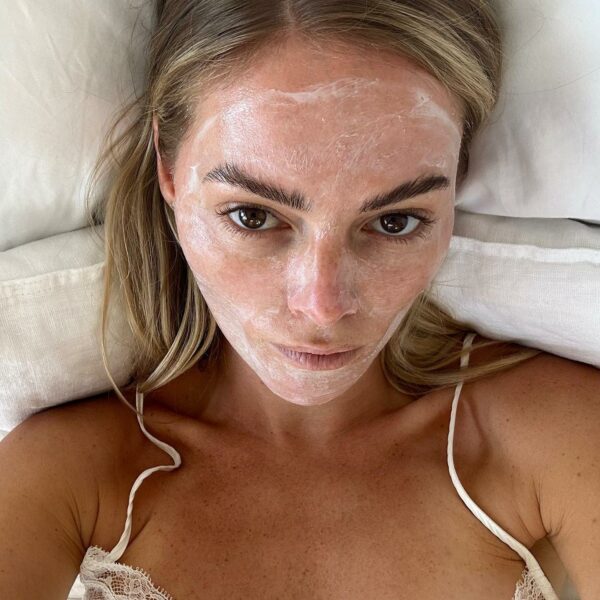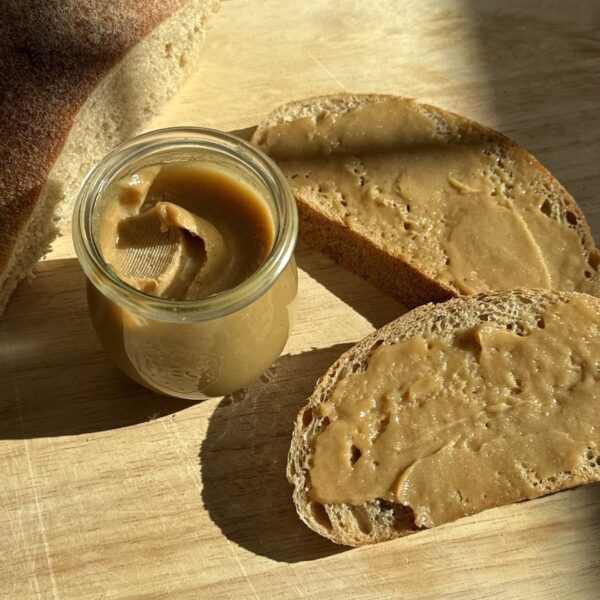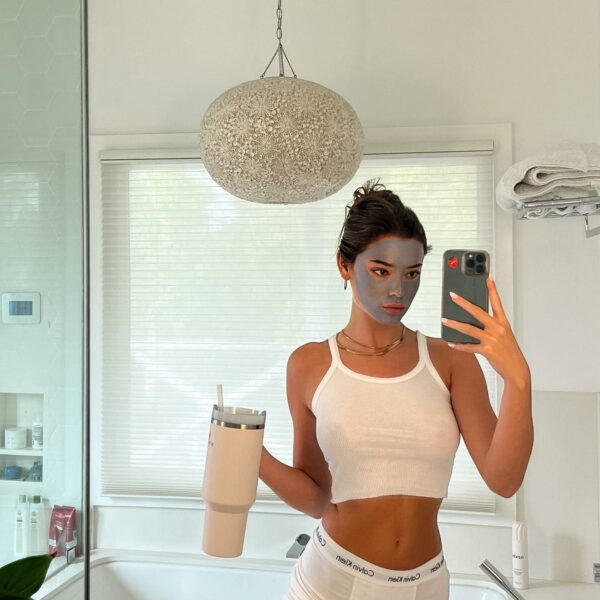When it comes to longevity, there is no silver bullet. It’s truly a holistic, mind-body application that we must consider with every choice. Longevity is a lifestyle. The good news? It’s a pretty sweet one.
We spoke with the vibrant Elaine Pauly, a certified coach in holistic health, functional medicine, and gut health, with an emphasis on longevity from her own experience. Pauly knows that aging is inevitable, but she simply refuses to deteriorate as early as our society deems “normal.” She has stayed young at heart by natural inclination. After witnessing the effects it has on her body, vitality, and appearance, she created a business out of making this mindset an applicable practice. It all starts in the now:
“Conditions like dementia, Parkinson’s, and Alzheimers don’t just pop up out of the blue because we happen to reach 65 or 70 or whenever. Our brains begin to decline by the time we’re about 30. We can throw other chronic conditions into the same category. For the most part, they all start early when we’re not the least bit concerned about our mortality or our health.
The chronic illnesses we face today are fueled by poor daily habits that cause inflammation. Longevity gurus call this ‘inflammaging’ because it speeds up the aging process and makes us older faster. The key here is to start early and pay attention to the little things that support our health—real food, good sleep, movement, friendships, outdoor time, avoiding toxins, etc.”
Find your joy and follow it closely
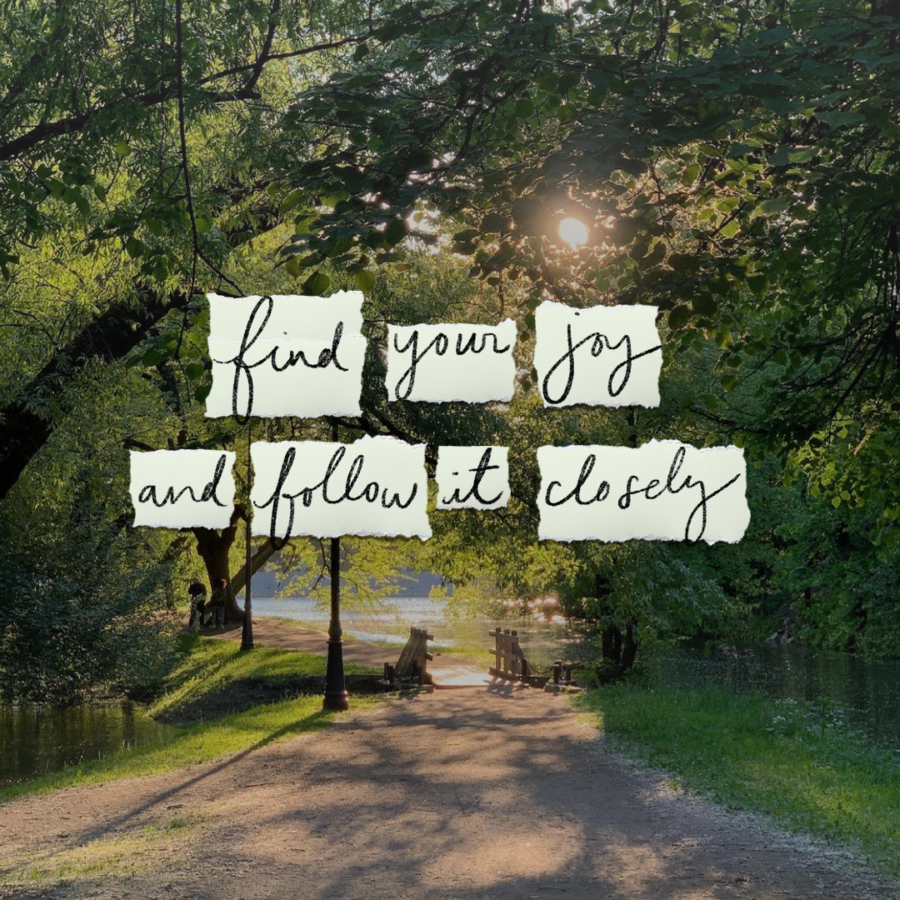
“When you find and focus on what brings you joy, you literally change the chemistry of your body. Joy, happiness, and contentment upregulate your body, increasing your overall resilience and health. I remember seeing a friend of mine who had lost his wife to cancer. He looked old and haggard. The following year he found a new love, and I saw him at a reception. He had transformed. Visibly he looked 10 years younger. Biologically, he very likely was. The joy and happiness he felt from this new love had literally restored his youth.
Candace Pert, PhD, author of Molecules of Emotions, and an early pioneer in neuro-psycho-immunology, uncovered the link between how we feel and how we heal. She is among the first to recognize the mind-body connection and speaks of it like this. Every thought, every emotion, every feeling we have affects the body at the cellular level. ‘Healing feelings,’ like happiness and contentment, allow all of the systems in the body to flow freely in smooth, rhythmic movement.”
Decide what you want to be doing at 80, 90, or even 100
“This is all about expectations. This is not to say the body doesn’t change with time and you can stay 20 forever, but how you think about aging impacts the way you will age. So here’s some homework: close your eyes and imagine you’re now 70, 80, 90, maybe even older. What do you look like? What would you like to be doing? Next, write down everything you want to be doing in those years, and start with, ‘I am …’ Then remember this list. Keep it foremost in your mind. You may be surprised how things change for you.”
“We all house a staggering number of microbes (known as our microbiome) including trillions of bacterial species, viruses, fungi, and other organisms that live in and on us. They regulate immunity, hormones, detoxification, and the digestive system, producing nutrients we need to survive and generating helpful anti-inflammatory compounds to fight off disease-causing microbes. Bottom line, we need them for our very survival, let alone our longevity.
Some tips to help them thrive: eat fresh, organic, unprocessed foods free of pesticides. Use antibiotics only when essential. Eat a diverse diet with plenty of fiber. Go easy on the meds, especially stomach medications, as over time they make conditions worse. Get outside and go barefoot often.”
“Have you ever noticed how you feel when you ‘pay it forward’ or do something unexpected and special for someone else? Giving is big in the longevity game, more so for the giver. A Cleveland Clinic study found that the simple act of giving lifts our physical and mental health. Givers experienced lowered blood pressure, improved self esteem, less depression, lower stress, longer life, and greater happiness.”
The content provided in this article is provided for information purposes only and is not a substitute for professional advice and consultation, including professional medical advice and consultation; it is provided with the understanding that Poosh, LLC (“Poosh”) is not engaged in the provision or rendering of medical advice or services. The opinions and content included in the article are the views of the interviewee only, and Poosh does not endorse or recommend any such content or information, or any product or service mentioned in the article. You understand and agree that Poosh shall not be liable for any claim, loss, or damage arising out of the use of, or reliance upon any content or information in the article.
Up next, be the first to know our weekly content and sign up for our Poosh newsletter.






